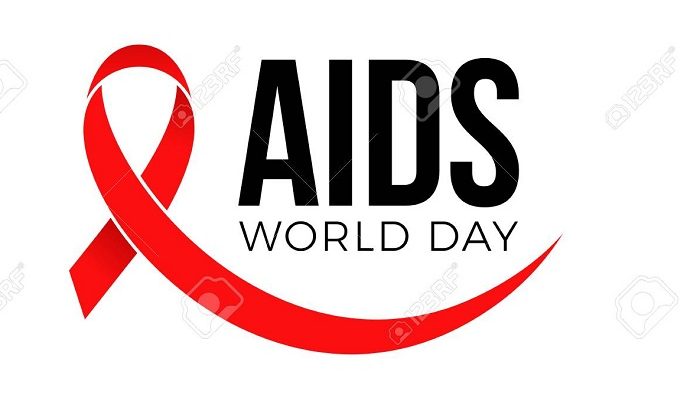Ghana AIDS Commission (GAC) joins others in the Continent today, Wednesday, 1st December 2021 to mark World AIDS Day Under the theme: “End Inequalities, End AIDS, End Pandemic”.
This year’s event is to remember those infected and affected by the disease, retake stock and rekindle the country’s efforts at ending the pandemic.
Despite the progress made in the fight against HIV/AIDS, it remained a major health challenge in the country.
Despite the increasing uptake of prevention, treatment, and care services along with the declining trends in new HIV infections and AIDS deaths, HIV and AIDS remained a major public health challenge in the country.
Anti-retroviral treatment, pre-exposure prophylaxis, post-exposure prophylaxis, HIV self-testing, and consistent use of condoms offered efficient tools to end the epidemic.
The 1st reported AIDS case in Ghana was in March 1986, and by the end of 1986, the number of AIDS cases had already increased to 26.
Between 1986 and 1987, the increase was 35%, but in 1988, the increase was 600%.
Overall, HIV prevalence in Ghana is 1.6% with regional variation. Key populations (KPs) are disproportionately affected by HIV in the country.
An estimated 37.9 million people were living with HIV/AIDS globally, at the end of 2018. Of these, more than two-thirds (69%) were living in sub-Saharan Africa (SSA).
This translates into 19.4 million persons living with HIV/AIDS in the sub-region [3]. Furthermore, despite the substantial progress in administering anti-retroviral therapy, 74% of the 1.5 million AIDS-related deaths in 2013 occurred in SSA.


